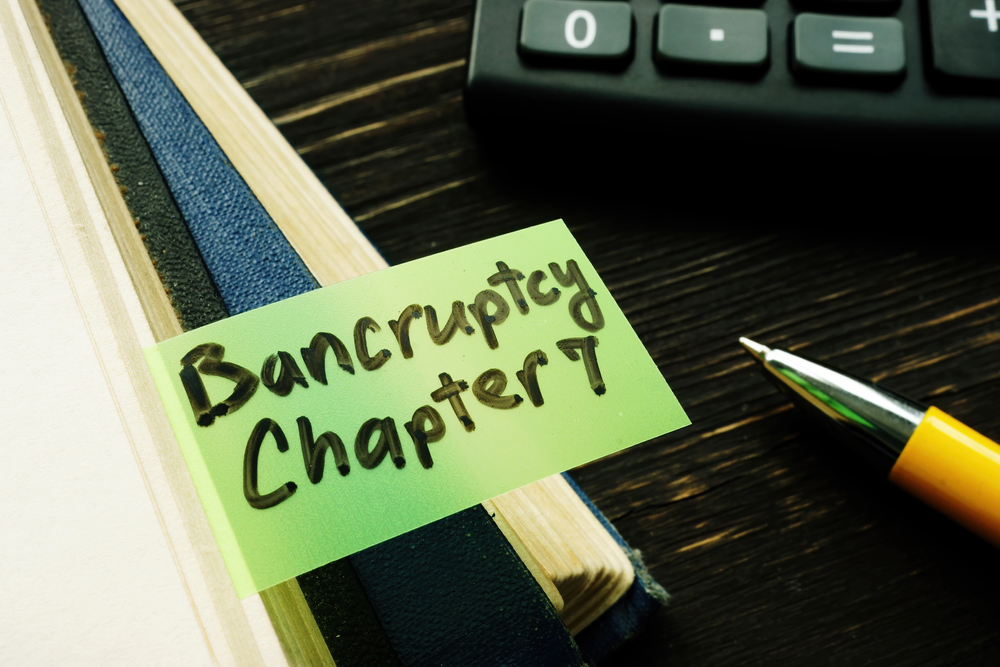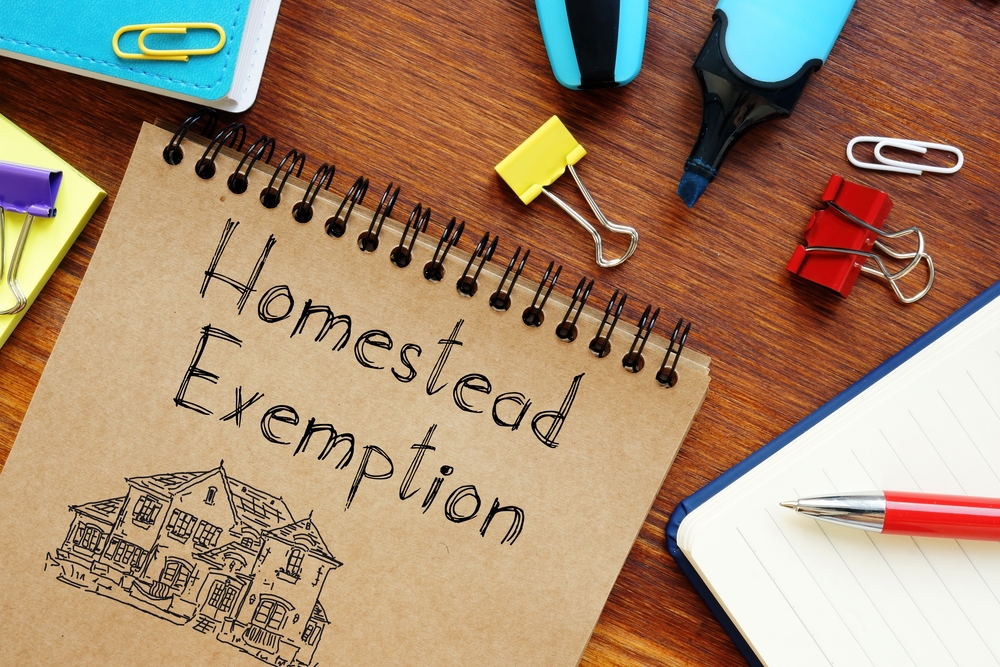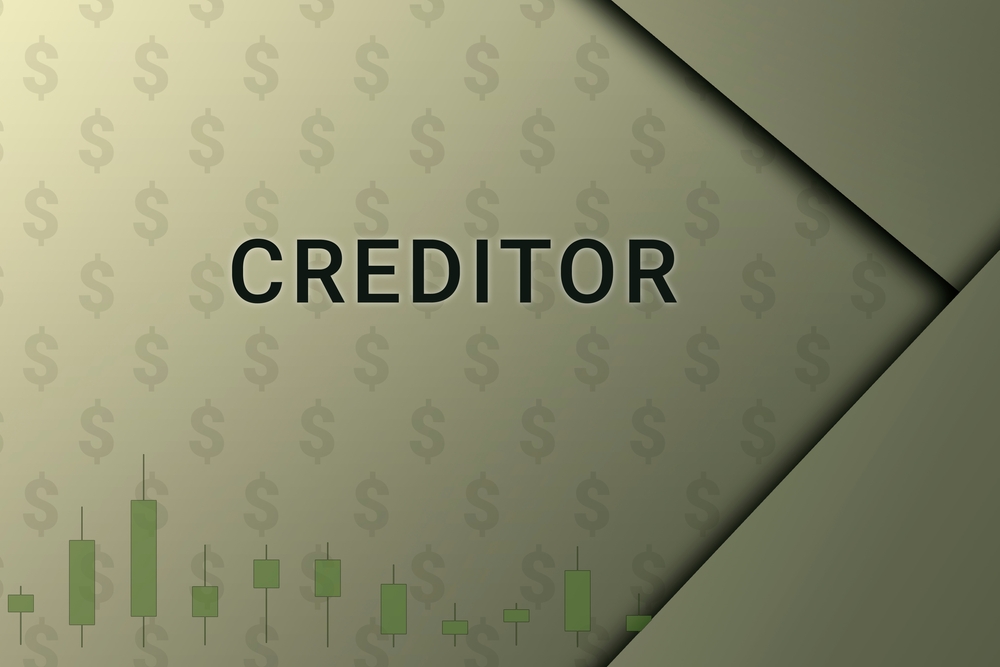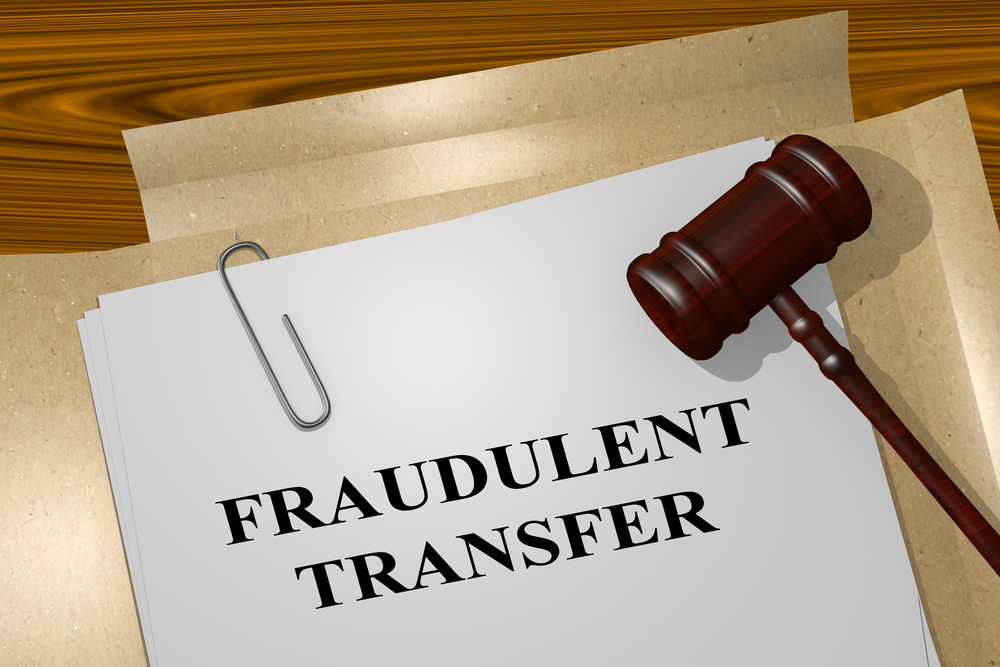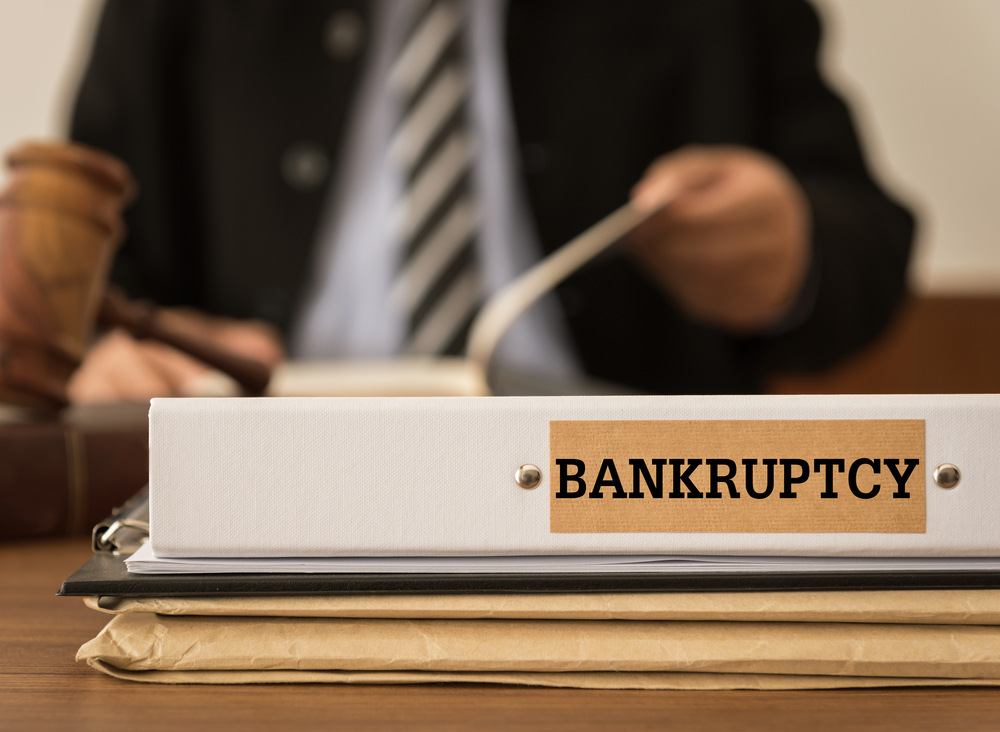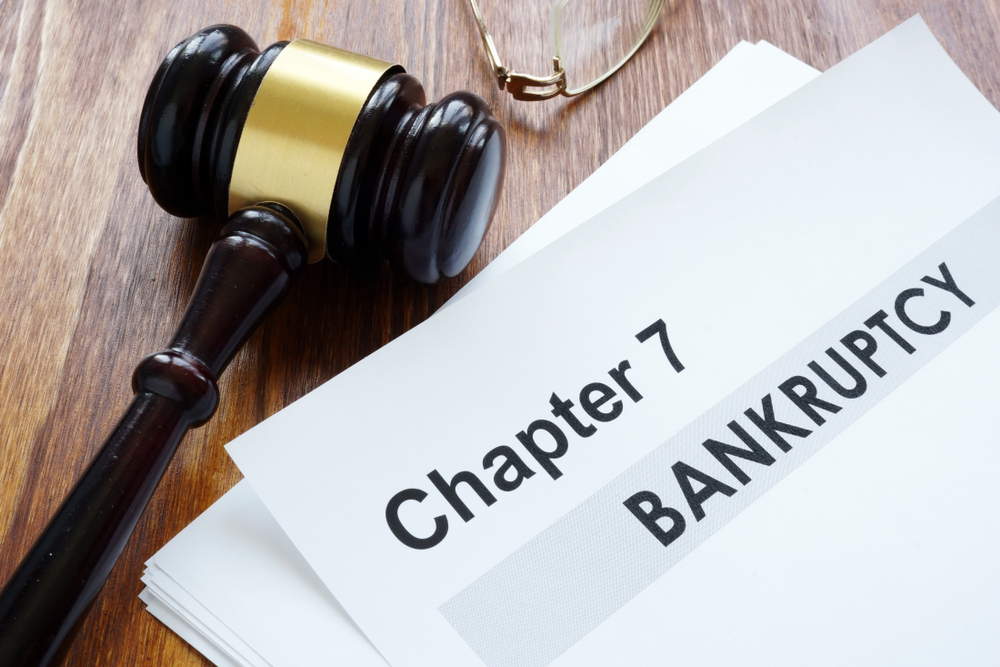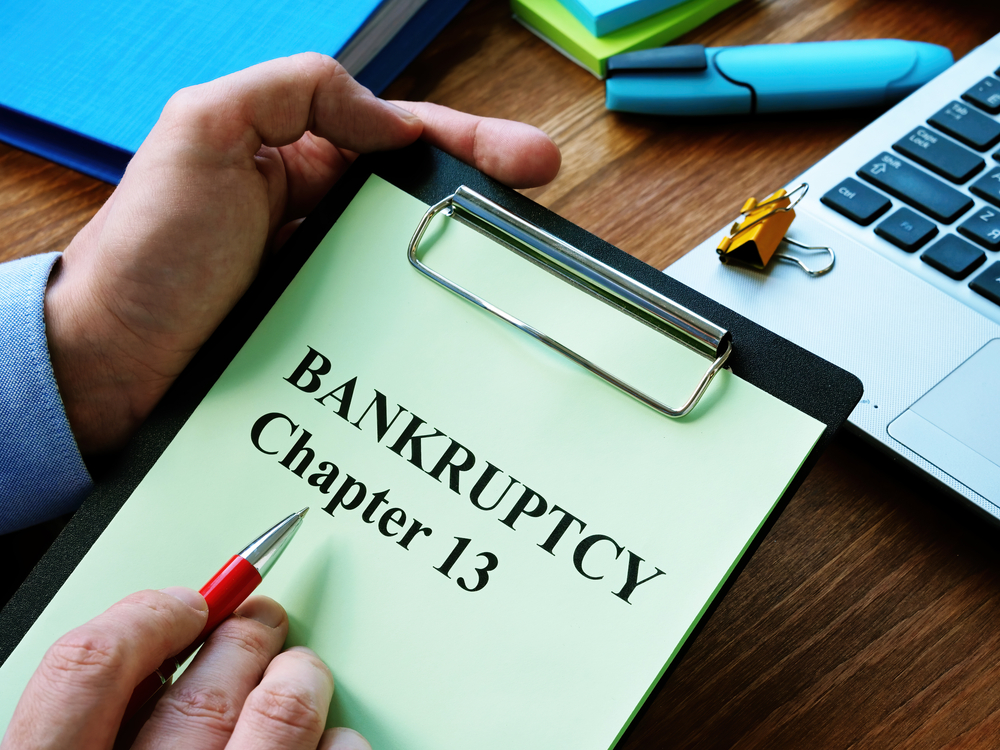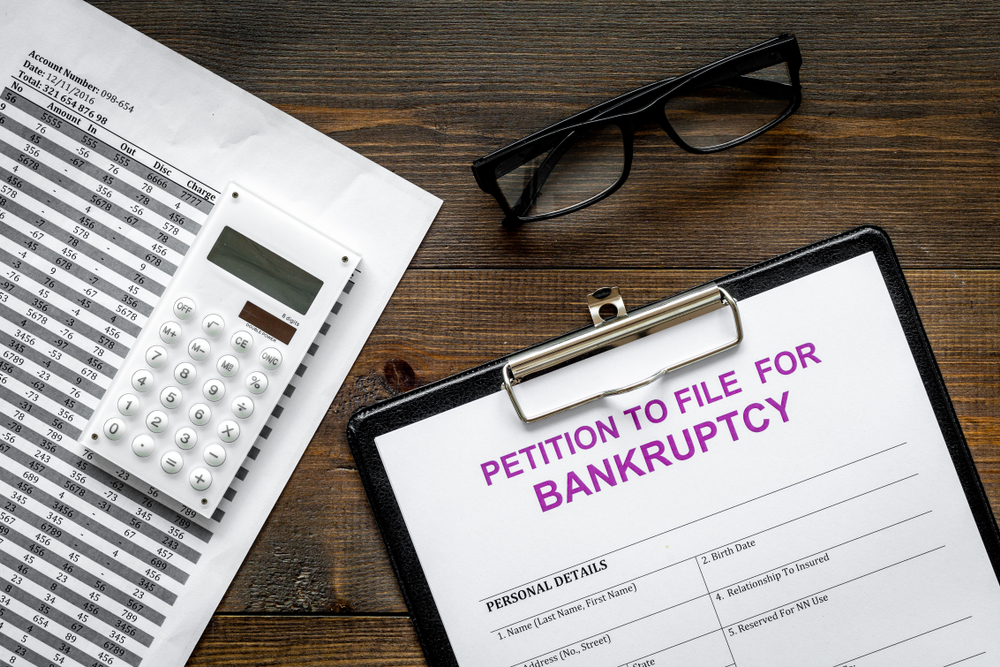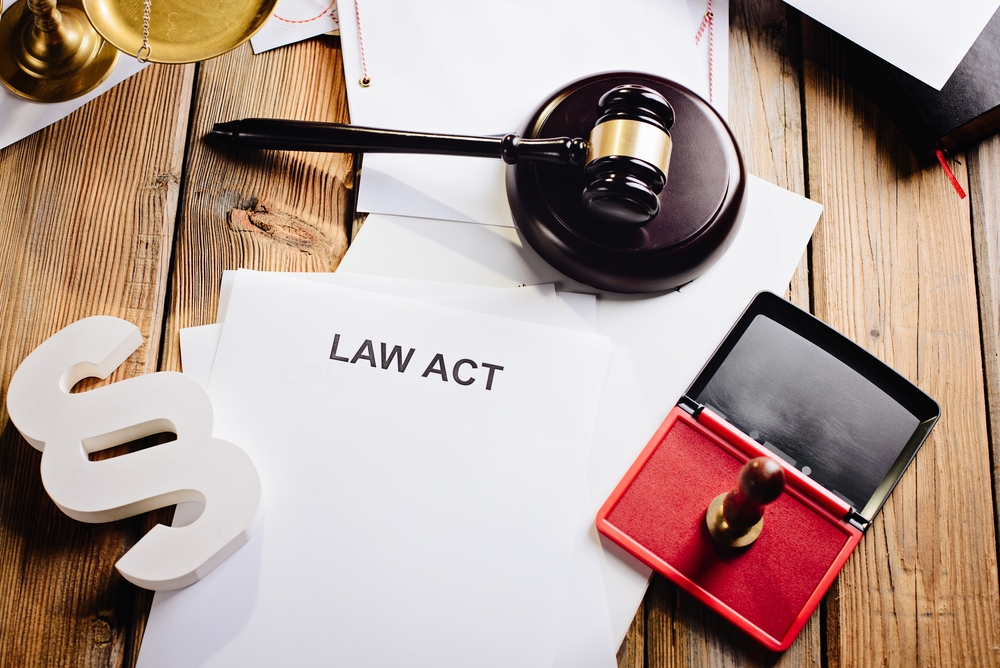If you currently live outside of Minnesota, you may wonder if you can still file for bankruptcy in Minnesota. Do I need to be a resident of Minnesota to file for bankruptcy in Minnesota? Well, the residency requirements to file in Minnesota are quite easy to be met. You simply have to have lived in Minnesota for at least 91 days in order to file for bankruptcy in Minnesota.
.jpg)
If I Currently Live Out-of-State, Can I File Bankruptcy in Minnesota?
If you currently live outside of Minnesota, you may wonder if you can still file for bankruptcy in...


